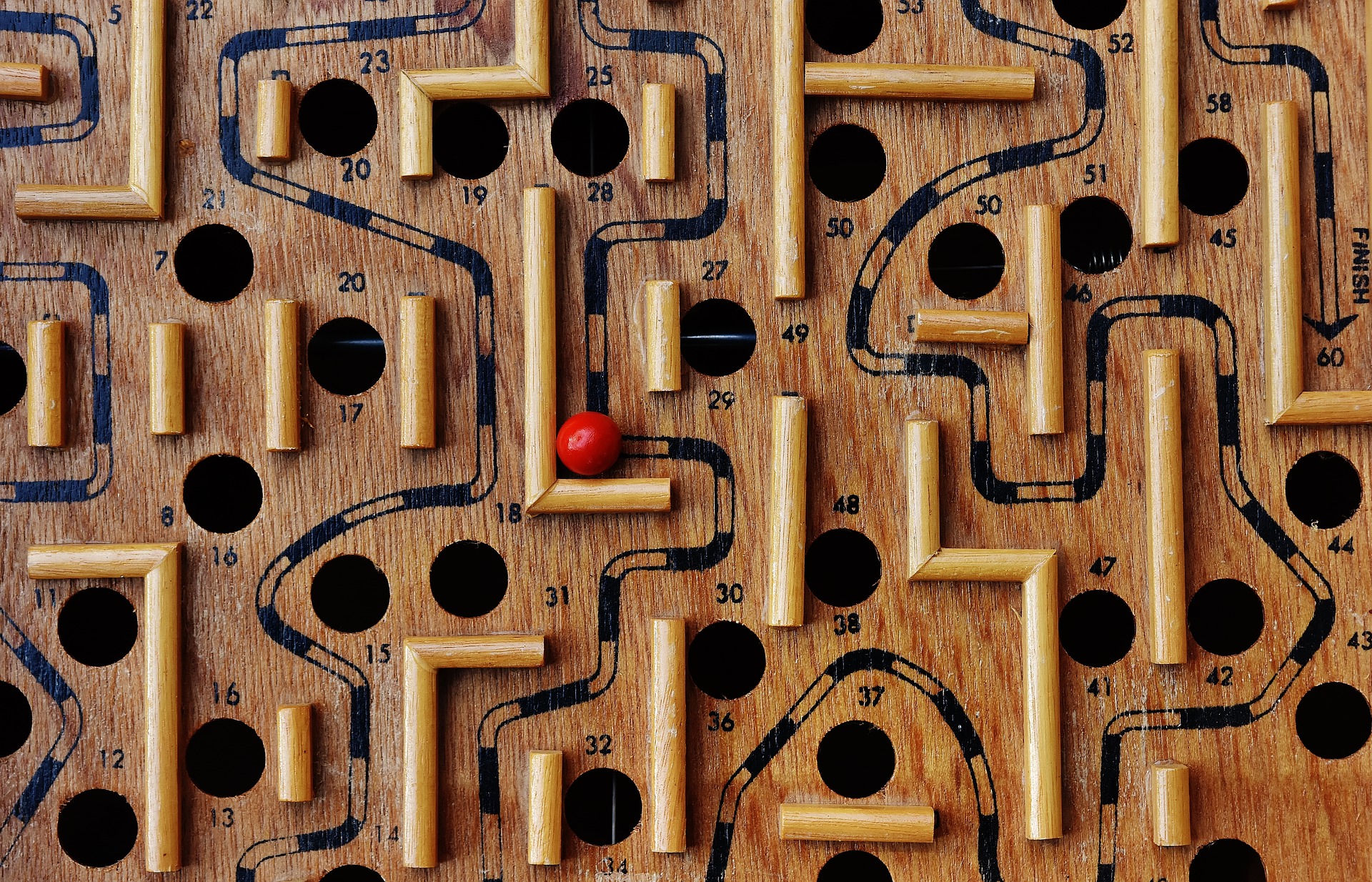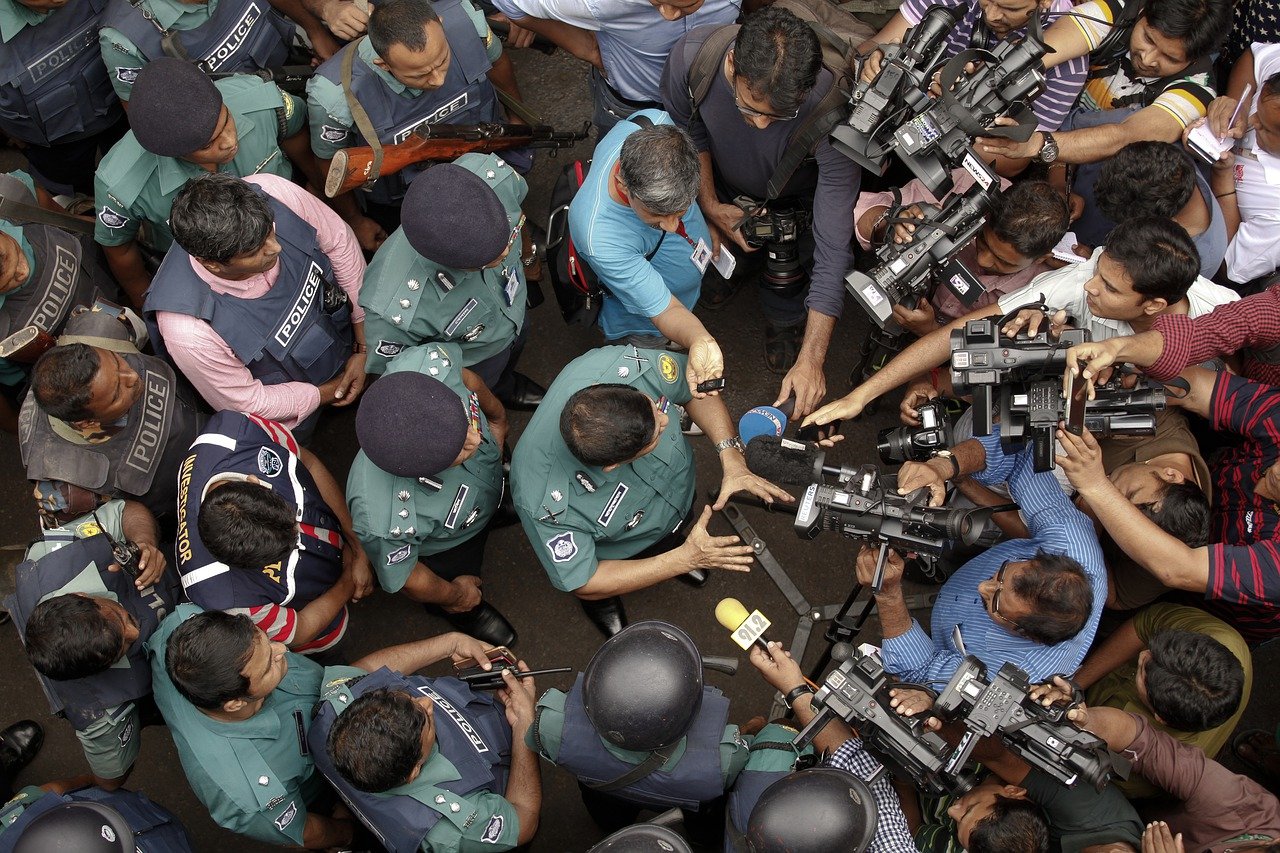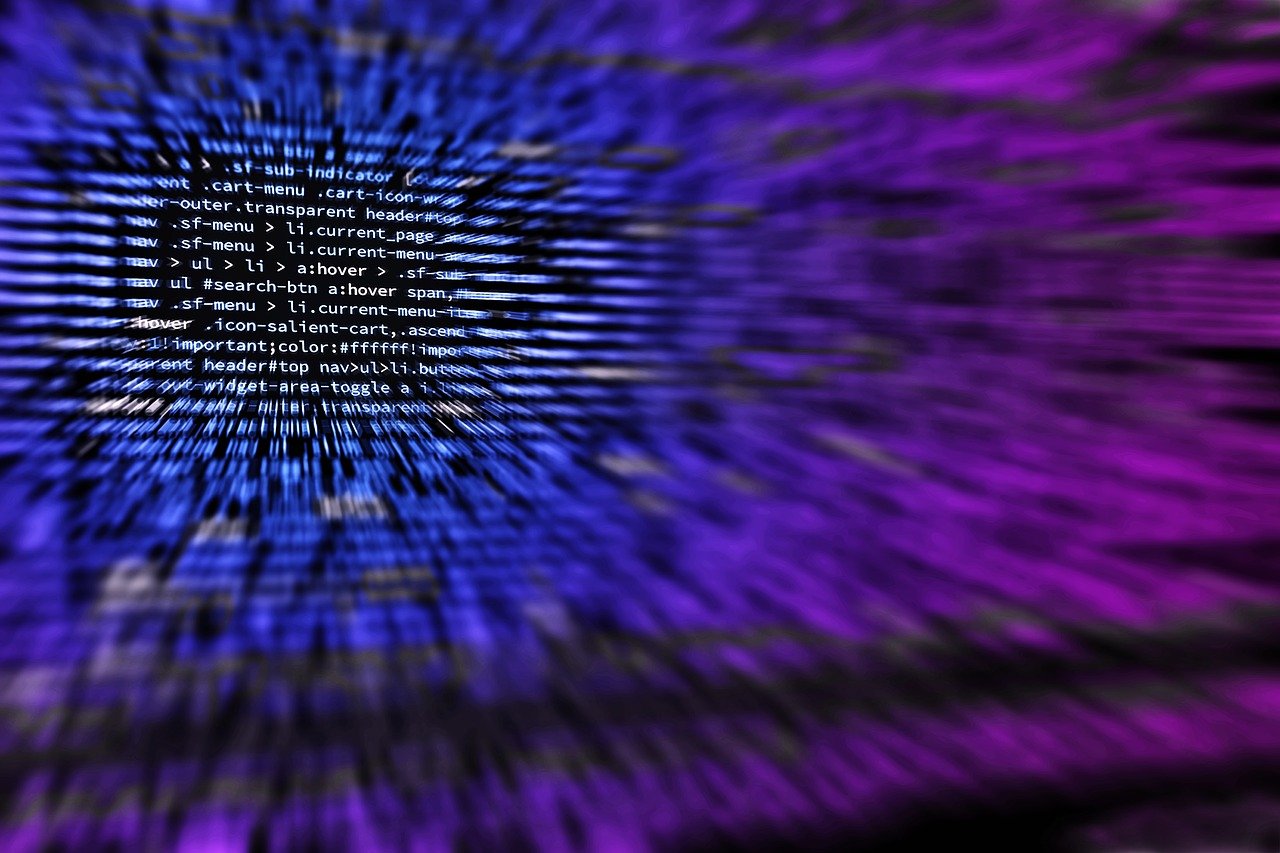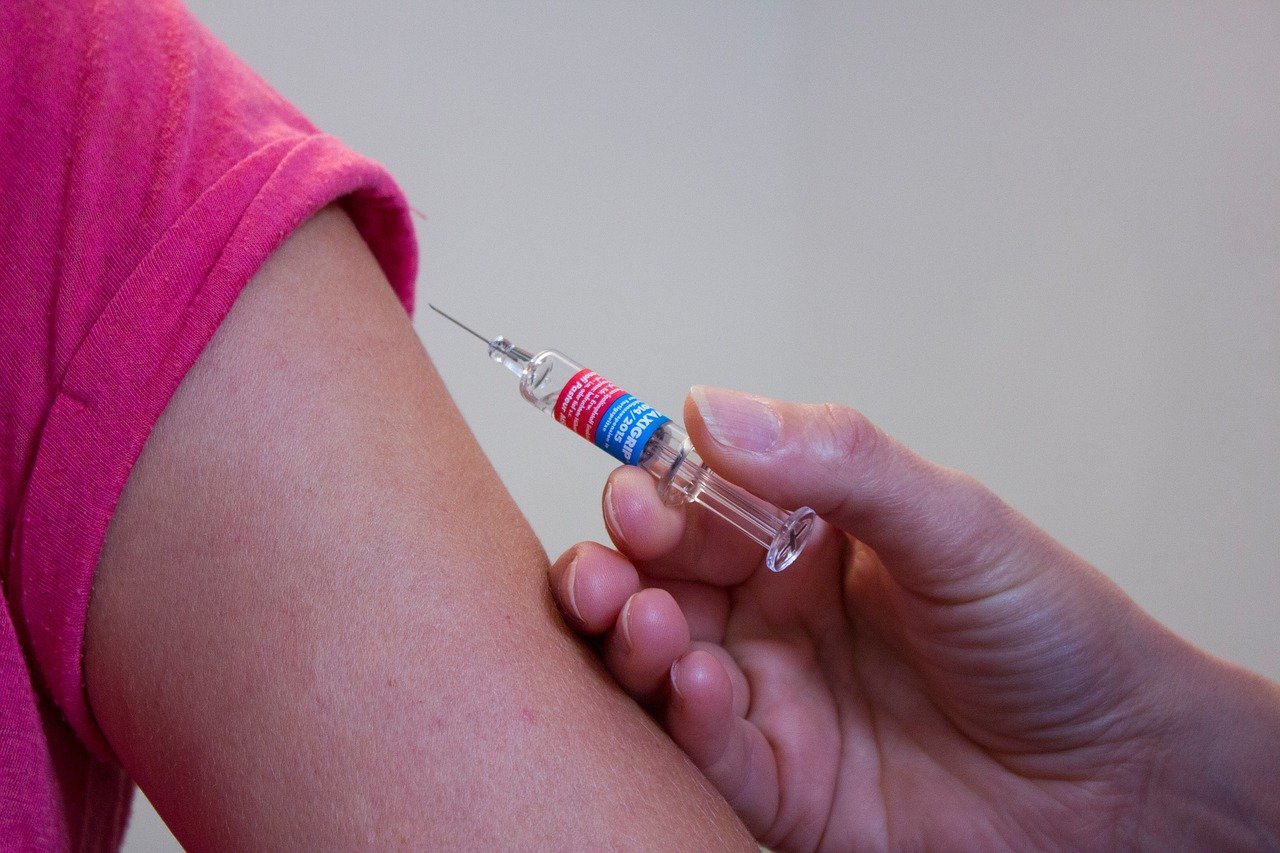From a psychological point of view, Covid-19 communications have resulted in too much information, an increasing distrust towards authorities and data sources, a total breakdown of time.
An unexpected emergency, shaking up the socio-cognitive frame of most people and generating a huge demand for information, mirrored by an excessive production of news: Italian media published over 1 million contents about Covid-19 between February 21st and April 19th (source: Agcom). But news was inevitably partial, fragmented, and subject to change, so the ‘hunger’ continued to grow.
Communication during Covid-19 emergency collapsed. If we analyse it from a psychological perspective, we have three keywords: excess (the WHO defined it infodemic), distrust (the lack of confidence in data and their sources), breakdown of time (the lack of a medium- and long-term vision).
As it contributed to put mental health at risk, could communication have done a better job? “We need to be careful to avoid a frequent cognitive bias, that of retrospect”, said communication consultant Annamaria Testa during the online event by Ordine degli Psicologi della Lombardia focusing on Covid-19. “Both institutions and citizens tackled an extraordinary occurrence, but it’s clear some mistakes were made. Public bodies should blame themselves for scarse intelligibility and the inability to use a linguistic code that could be easily understood. On the other hand, people consumed information with the greed of web and social media, thus with shallowness and limited competence. That was indeed a dangerous mix”.
The abundant, but destructured and somehow inconsistent communication left room for fake news and ended in generating distrust towards authorities and even science, that at the beginning deserved great appreciation. “People looked at scientists with the mental attitude of magical thinking, so waiting for immediate solutions and definitive answers”, said Paolo Moderato, psychologist and professor at Università IULM in Milan. “When they realised that science works for the long run and cannot provide incontrovertible certainties, trust turned into fierce disappointment. It didn’t surely help to see virologists and immunologists arguing all the time and fighting to appear on TV”.
Distrust was also due to the almost paradoxical imbalance between the gravity of the pandemic (think of dramatic images coming from hospitals, or the army supporting coffin removal, or the Pope praying alone in a deserted Rome) and the basic guidance to mitigate the infection (measure your temperature, wash your hands, keep social distance). “It’s not easy for individuals to take part in such a worrysome battle with so common rules. It was natural to choose doctors and nurses as heroes, and find enemies in those disobeying rules, such as runners or neighbours refraining from wearing masks”, added Moderato.
Communication built by piling up contents, and the proliferation of spokespeople had another effect, that of freezing people in the emergency mood, where fear dominates and you cannot mature a far-sighted view.
How should the post-emergency communication be handled? “Institutions should carefully look at their wording to translate difficult topics into understandable contents. They should figure out criteria rather than rules, and widen space and time dimensions”, suggested Annamaria Testa.
“Communication could take insights from the nudge theory”, said Paolo Moderato. “In behavioral economics, it means using nudges to highlight desired behaviours, without continually focusing on obligations and prohibitions”.




